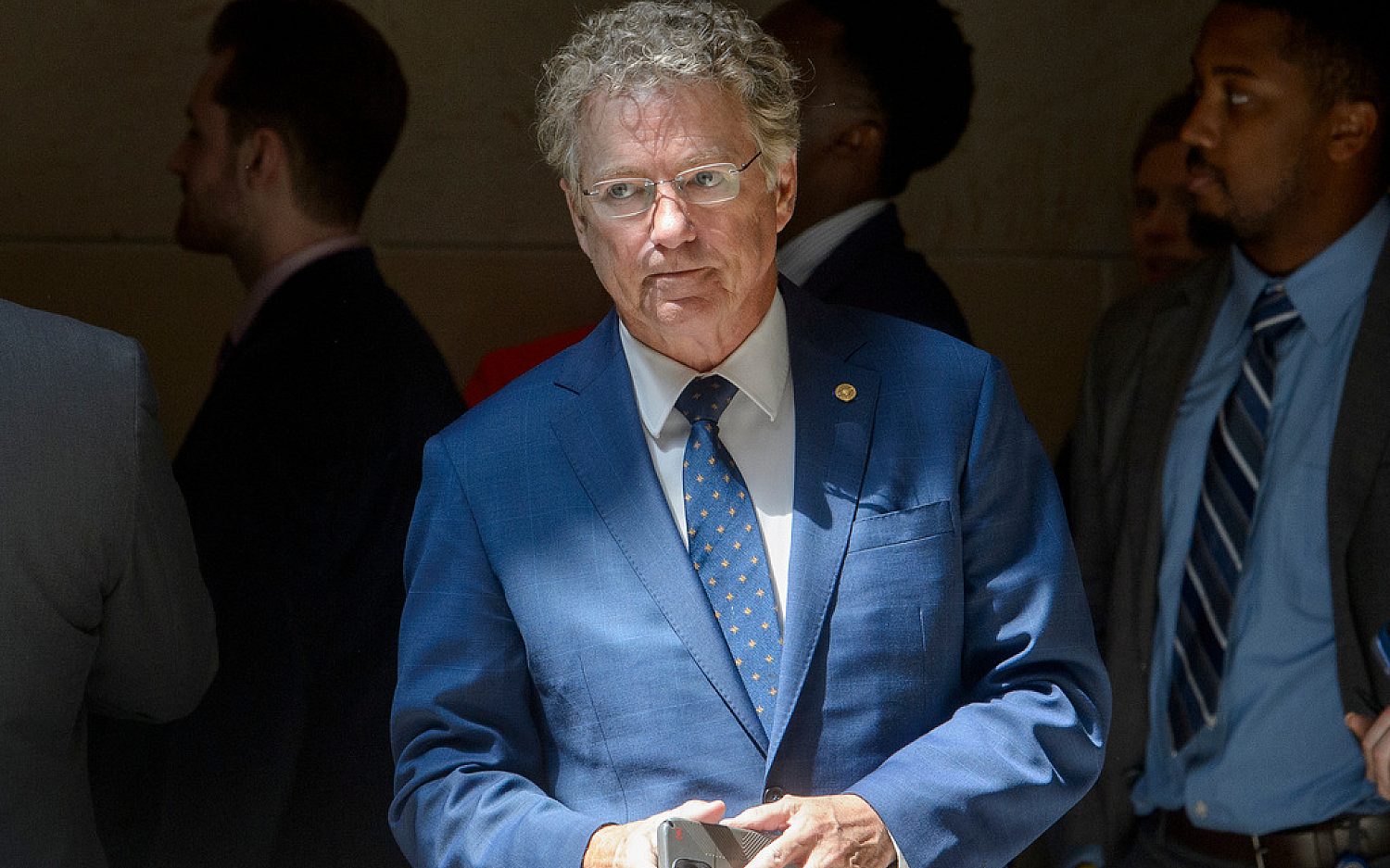9th Circuit: Constitution protects homosexual jurors
Gays and lesbians may not be removed from juries on the basis of their sexual orientation, a federal appeals court has ruled for the first time. On Tuesday a three-judge panel in San Francisco unanimously decided the U.S. Constitution prohibits attorneys from “striking” potential jurors because they believe them to be homosexual.
It is already unconstitutional to remove jurors based on race or gender. Tuesday’s ruling from the 9th U.S. Circuit Court of Appeals extends those rights for the first time to a nonfixed characteristic: sexual orientation. The decision could have implications for future lawsuits involving homosexual rights and privileges.
In selecting juries, judges give attorneys the option of questioning and removing jurors who may be predisposed against their case, an activity known as “peremptory strikes.”
“Permitting a strike based on sexual orientation would send the false message that gays and lesbians could not be trusted to reason fairly on issues of great import to the community or the nation,” wrote Judge Stephen Reinhardt in the court opinion. “Strikes based on preconceived notions of the identities, preferences, and biases of gays and lesbians reinforce and perpetuate these stereotypes.”
As part of the basis for the opinion, Reinhardt cited last June’s ruling in United States v. Windsor, in which the U.S. Supreme Court struck down the Defense of Marriage Act, the law that prevented the federal government from recognizing same-sex marriages: “Windsor refuses to tolerate the imposition of a second class status on gays and lesbians.”
Reinhardt argued that homosexuals have faced a history of “discrimination” in the United States. “Gays and lesbians have been systematically excluded from the most important institutions of self-governance. … Strikes exercised on the basis of sexual orientation continue this deplorable tradition of treating gays and lesbians as undeserving of participation in our nation’s most cherished rites and rituals.”
Tuesday’s case, involving drugmakers Abbott Laboratories and GlaxoSmithKline, originally began in 2007 with an antitrust dispute after Abbott raised the price of a drug used to treat HIV. The price increase was unpopular in the gay community, where the virus is especially prevalent. During jury selection in the trial, a man identified only as “Juror B” mentioned he had a “partner” and referred to the partner as a “he.” The juror also said he had friends who had HIV. An attorney for Abbott subsequently asked for Juror B to be removed from the jury, which at the trial's conclusion largely ruled in the company’s favor.
On appeal, the 9th Circuit determined the attorney struck the juror on the basis of sexual orientation, and labeled the action unconstitutional.
The decision suggests judges and attorneys will be unable to exclude gays or lesbians from a jury in cases where homosexual interests are at stake, such as a case involving the firing of a gay employee. By contrast, during last year’s trial for Kermit Gosnell, the Philadelphia abortionist convicted of murdering live-born infants, the judge dismissed jurors from the trial who admitted to pro-life beliefs.
Tuesday’s ruling means federal courts are not consistent in their views of gay jurors. In a 2005 case, the 8th U.S. Circuit Court of Appeals in St. Louis wrote it doubted the constitutional protections given to minorities and women serving on juries could extend to homosexuals. The judicial disagreement suggests the U.S. Supreme Court may eventually decide on the matter.
In 2004, Reinhardt wrote a 9th Circuit opinion that ruled a former Hewlett-Packard employee had not been a victim of religious discrimination. The employee, Richard Peterson, had been fired for refusing to remove Bible verses about homosexuality from his office cubicle.
An actual newsletter worth subscribing to instead of just a collection of links. —Adam
Sign up to receive The Sift email newsletter each weekday morning for the latest headlines from WORLD’s breaking news team.





Please wait while we load the latest comments...
Comments
Please register, subscribe, or log in to comment on this article.